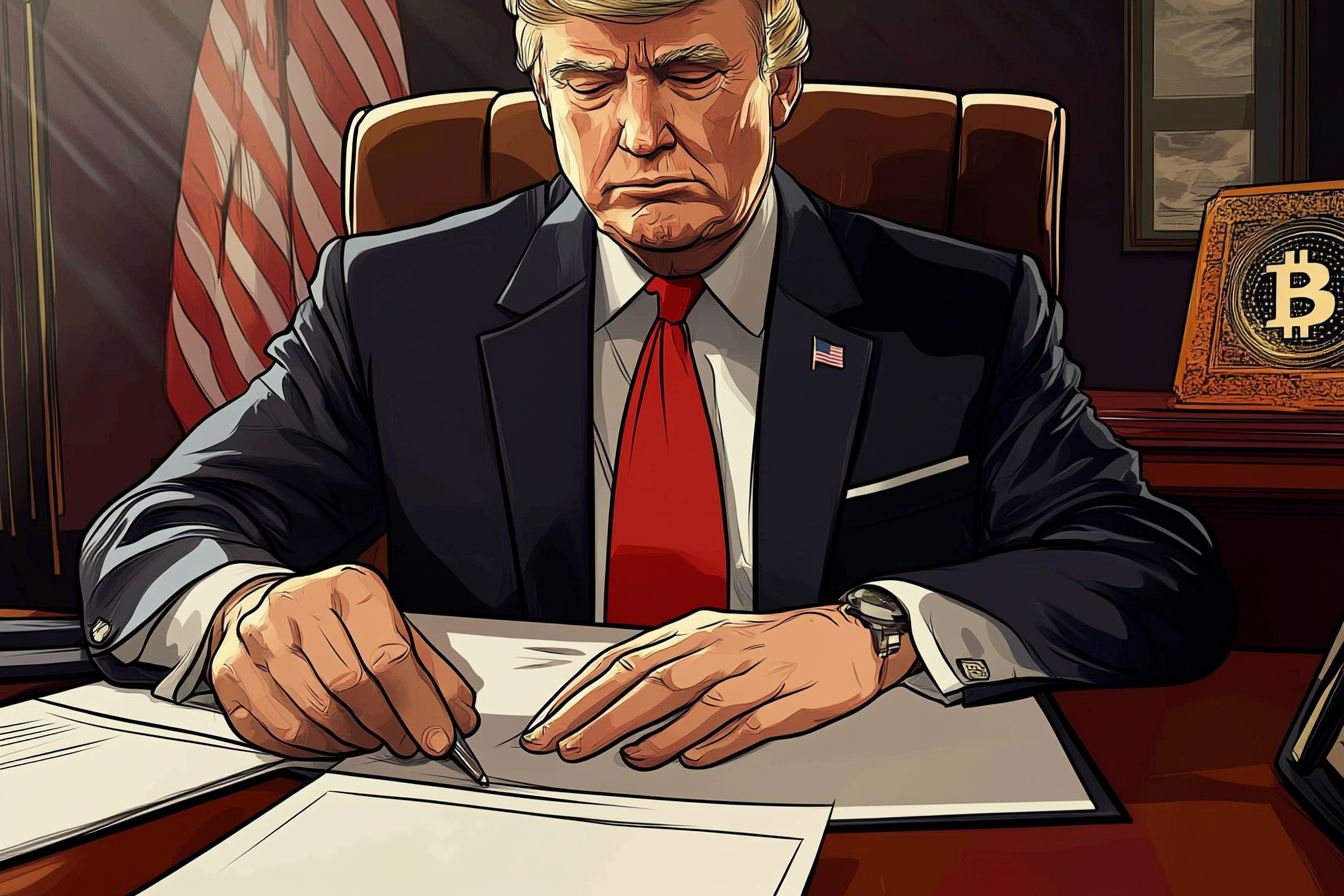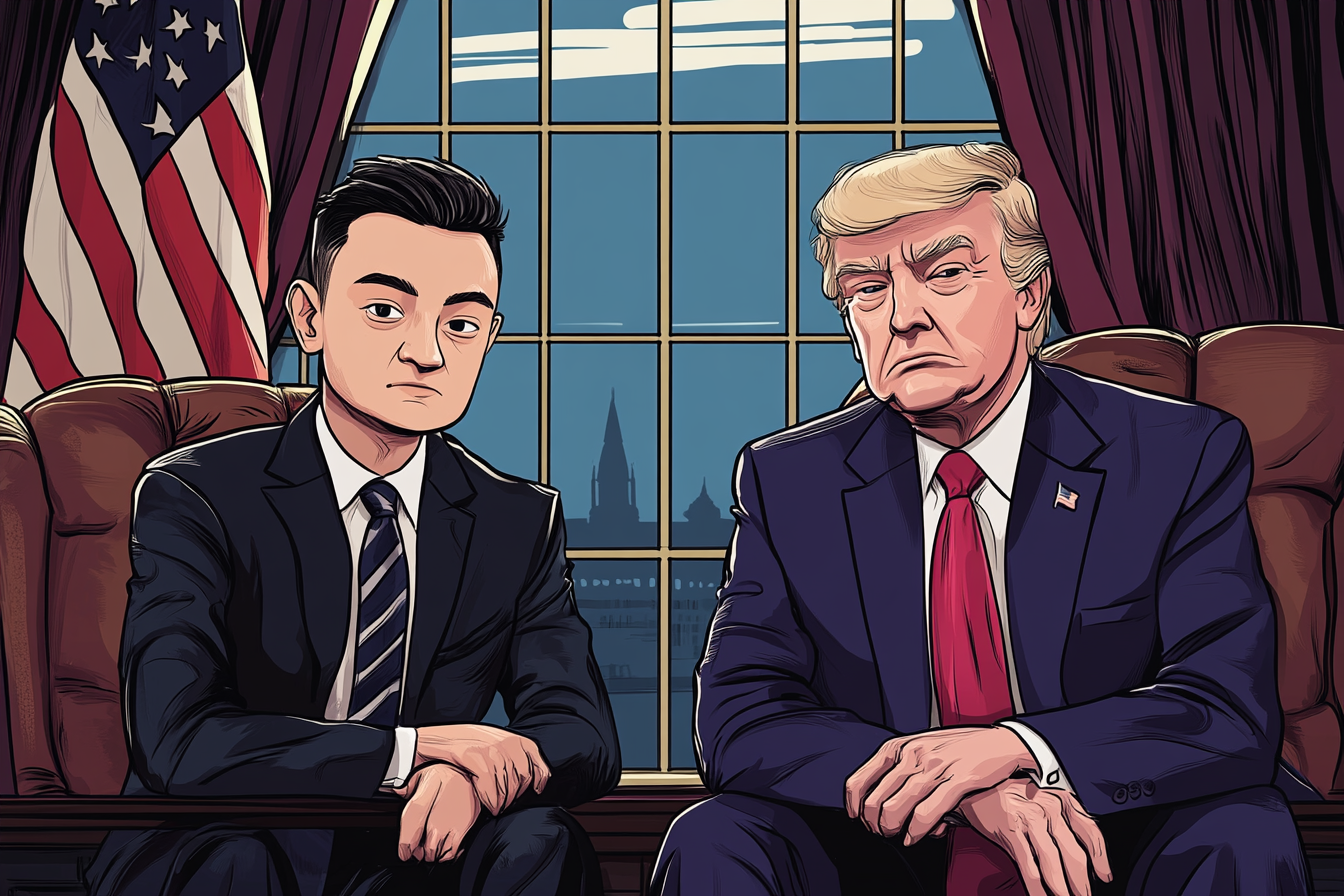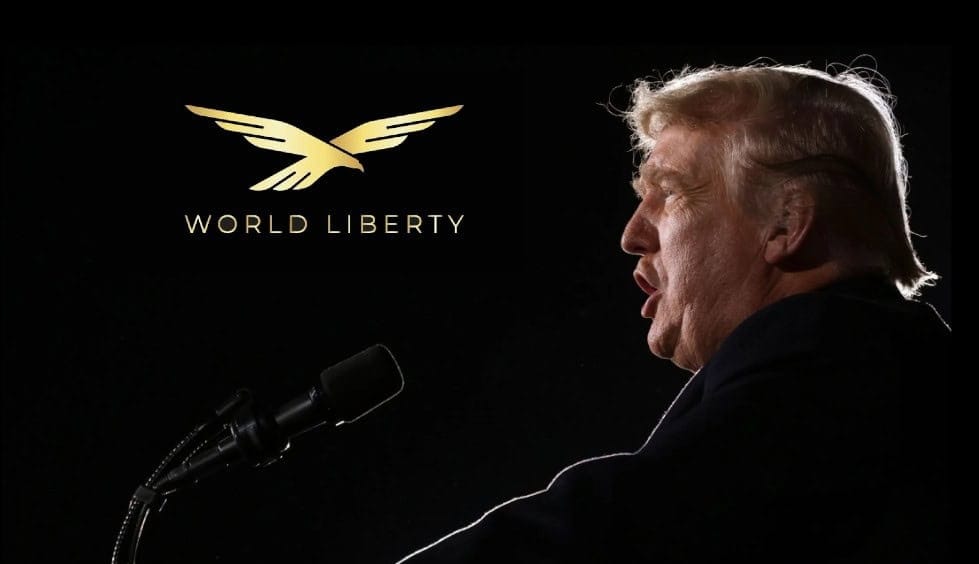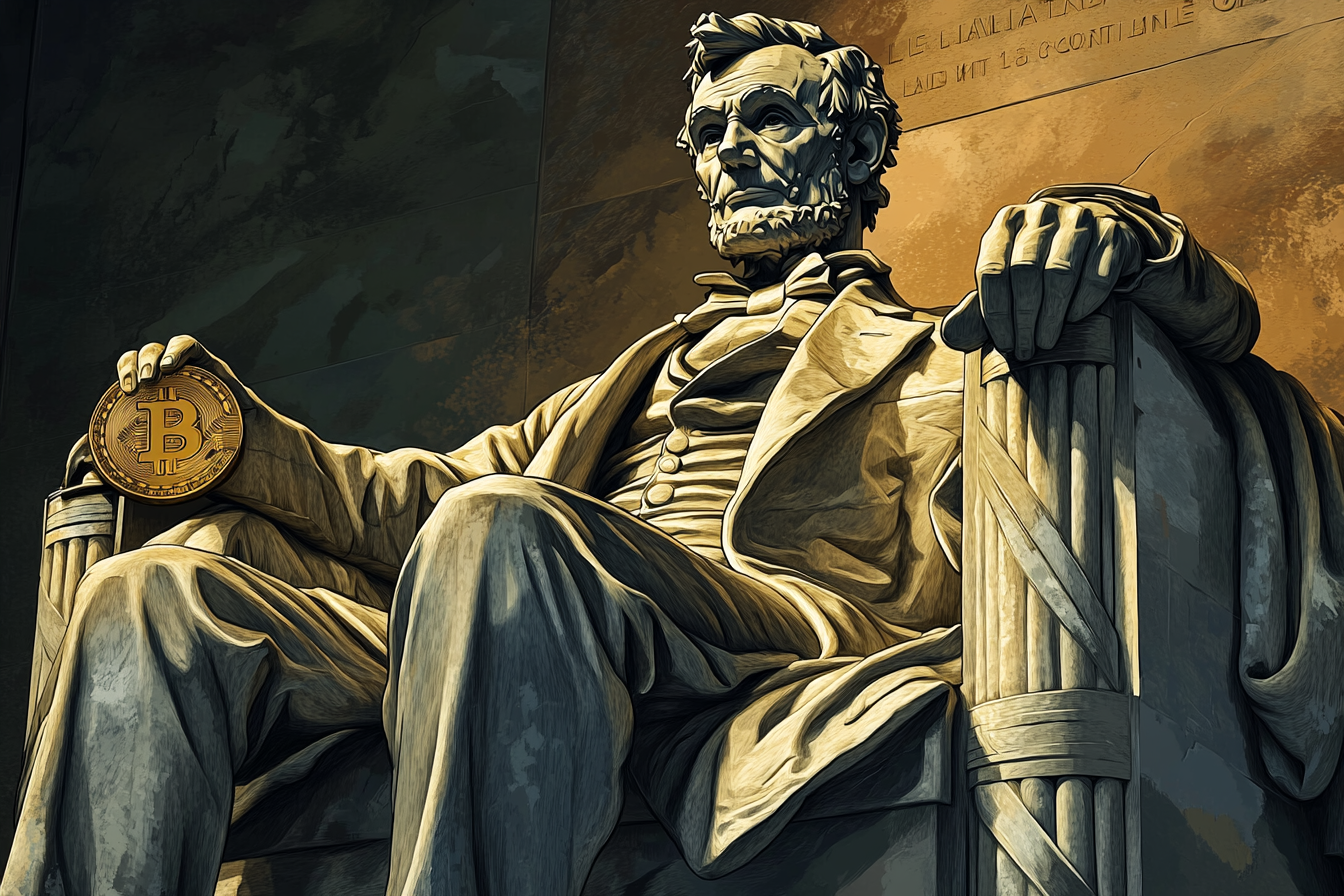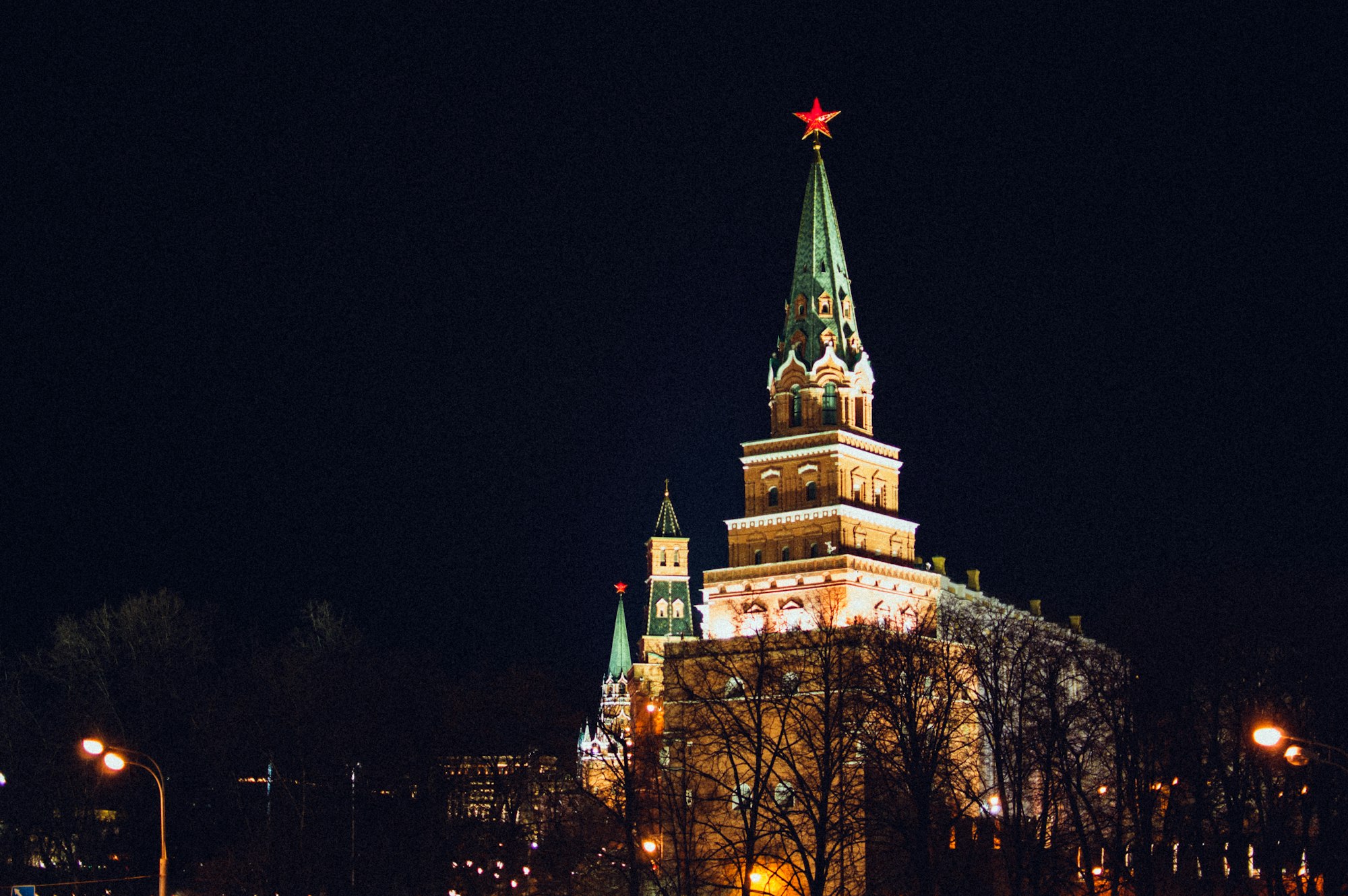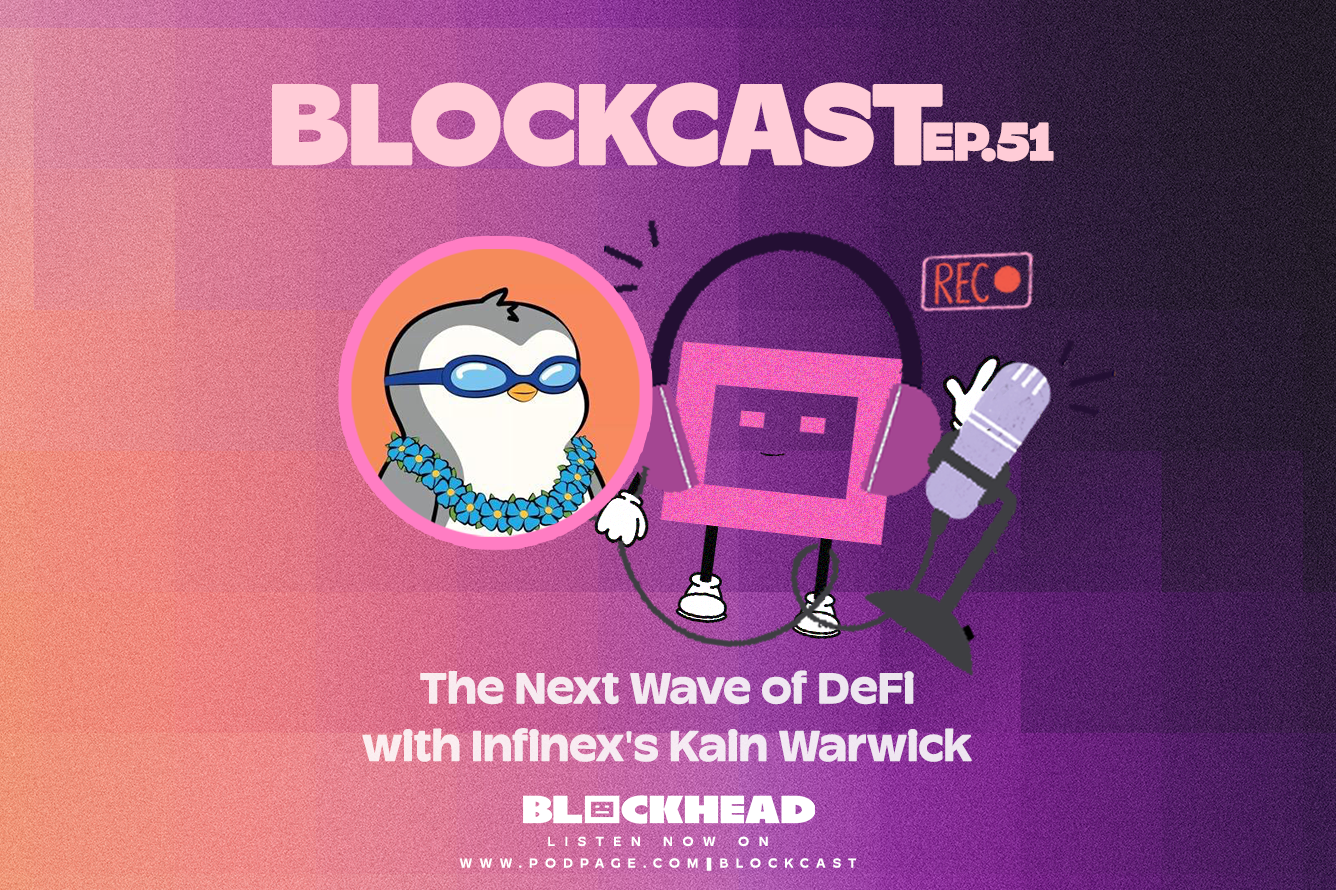Table of Contents
Crypto industry heavyweights eye seats in Donald Trump's new Advisory Council for digital assets.
The next US administration is considering two competing visions for a council that the cryptocurrency industry is banking on to significantly increase its impact on digital asset regulation.
President-elect Trump and his inner circle are exploring possibilities involving a council reporting to David Sacks with as few as ten members or as many as one hundred.
The council will also discuss the Bitcoin strategic reserve for the United States.
As Trump's nominee for head of cryptos and AI, Sacks would preside over two distinct councils, one for each of his portfolio areas.
A compact crypto council composed of CEOs and other senior executives would exert more influence on policy than a larger assembly with diverse participants, which would primarily function as an information-sharing forum.
Before the election, executives from digital asset exchanges and Bitcoin miners visited Mar-a-Lago and contributed substantial payments to the Trump campaign.
This coordinated outreach has persisted.
Earlier this month, Crypto.com CEO Kris Marszalek spoke with Trump at the Florida club to deliberate about nominations and regulations within the cryptocurrency sector.
In November, Justin Sun announced his investment of $30 million in World Liberty Financial, a cryptocurrency initiative endorsed by the president-elect and his sons.
Last week, World Liberty acquired tokens linked to one of Sun's initiatives.
Decisions about the structure will be made within the next few weeks, and the final makeup and membership are anticipated to be revealed in January.
Trump is anticipated to sign an executive order formally establishing the council soon after his inauguration.
However, despite strong advocacy from many business figures, a formal nomination process remains absent.
Sacks, designated as a special federal employee, is anticipated to function inside the Office of Science and Technology Policy at the White House.
His selection for this position was unexpected, particularly since his combined responsibilities encompass artificial intelligence and cryptocurrency.
However, watchdog organizations highlight two possible issues.
Trump's selections will oversee agencies with significant authority to dictate cryptocurrency companies' regulation, examination, or facilitation.
They may also be inclined to influence policies in manners that are more advantageous for their preferred firms, with Elon Musk in the ring complicating the entire outlook.
Simultaneously, critical regulatory inquiries regarding virtual assets remain unresolved.
One of the most key considerations is determining which of these should be classified as securities within an ecosystem that encompasses anything from niche memecoins to offerings from major Wall Street institutions such as Fidelity and BlackRock.
Chair of the US Securities and Exchange Commission, Gary Gensler, has adopted a stringent perspective, initiating legal action against crypto exchanges Binance, Coinbase Global, and Kraken last year, asserting that they marketed assets that need to be categorized as securities.
Trump is pledging a more lenient regulatory approach.
The price of Bitcoin attained unprecedented levels, exceeding $100,000 following Trump's nomination of Paul Atkins, a conservative and crypto-advocating attorney, as the forthcoming head of the SEC.
Atkins operates a consultancy and is actively involved in the cryptocurrency sector as co-chair of the Token Alliance, an organization formulating "best practices" for virtual asset transactions. It also serves on the board of the digital asset company Securitize.
Eric Trump stated that his father's forthcoming term would diverge from "inept SEC directors who unjustifiably targeted the cryptocurrency industry."
He stated that the family was already proficient in conflict management from their experience with the Trump Organization, where he serves as executive vice president and where apprehensions regarding potential foreign interference emerged during his father's initial tenure.
Beyond the politics at play, the digital assets industry is looking at another year of highs from pro-crypto policies, albeit, with measured conflicts being the norm.
Elsewhere
Blockcast
In this episode, host Takatoshi Shibayama speaks to Kain Warwick, founder of Infinex, and a renowned figure in the DeFi space, known for his work on the Synthetix protocol.
Warwick argues that the current crypto landscape, dominated by centralized exchanges, is unsustainable and hinders innovation. He outlines Infinex's vision to create a decentralized platform that rivals the convenience and accessibility of centralized exchanges while offering superior functionality and empowering users with true self-custody.
Previous episodes of Blockcast can be found on Podpage, with guests like Peter Hui (Moongate), Luca Prosperi (M^0), Charles Hoskinson (Cardano), Aneirin Flynn (Failsafe), and Yat Siu (Animoca Brands) on our most recent shows.
Events
Consensus (Hong Kong, 18-20 February)
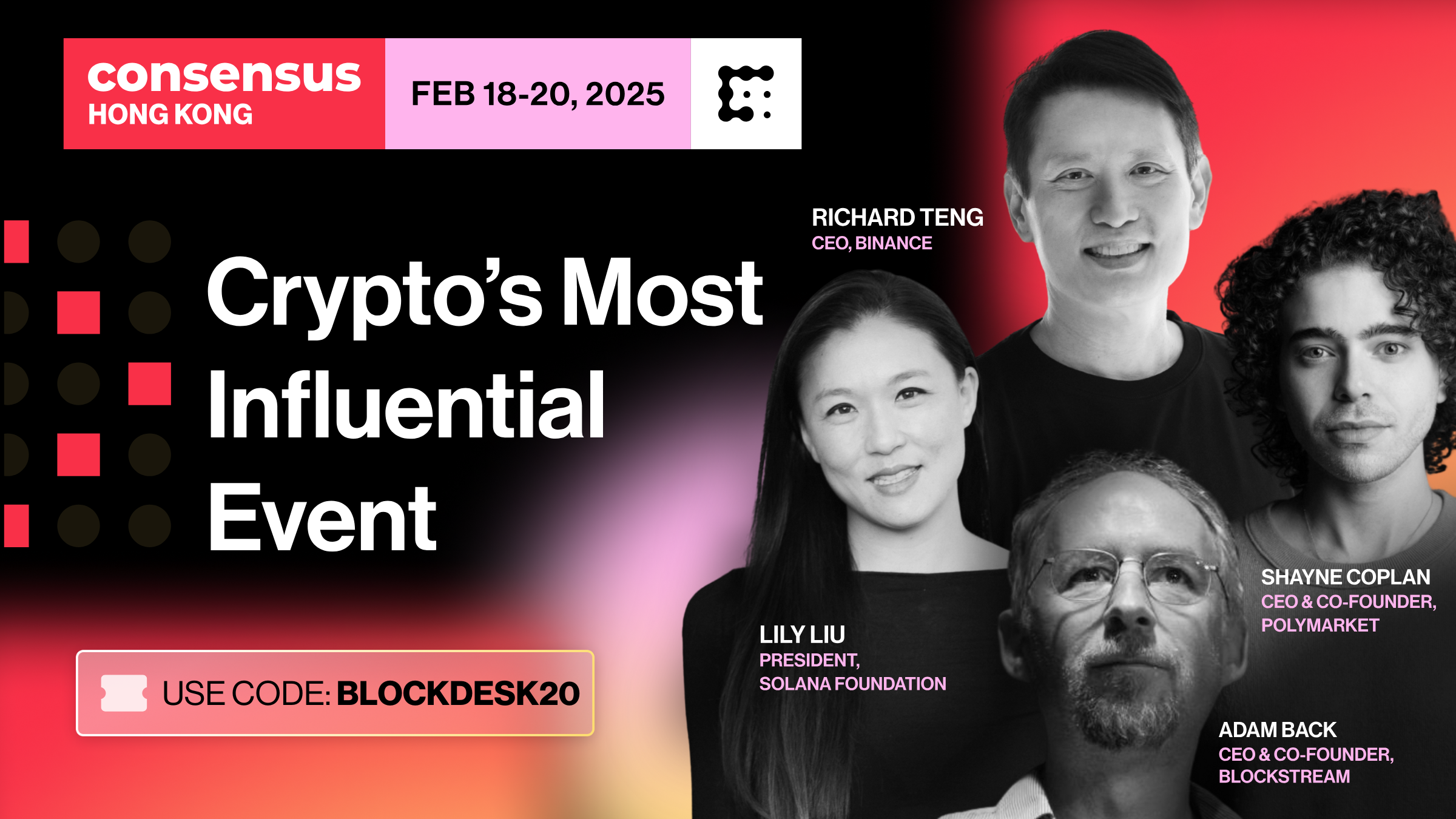
Consensus is heading to Hong Kong, bringing together the industry’s most important voices from East and West for pivotal conversations and deal-making opportunities.
Consensus Hong Kong convenes global leaders in tech and finance to debate pressing issues, announce key developments and deals, and share their visions for the future.
Use promo code BLOCKDESK20 at checkout for a 20% discount on tickets here.
It's All Happening on LinkedIn
Did you know you can now receive Blockhead's juicy daily newsletters directly to your LinkedIn? Subscribe to our LinkedIn newsletters for the latest news and insights in the world of Web3. There also might be the occasional discount code for the industry's hottest events, exclusively for subscribers!




